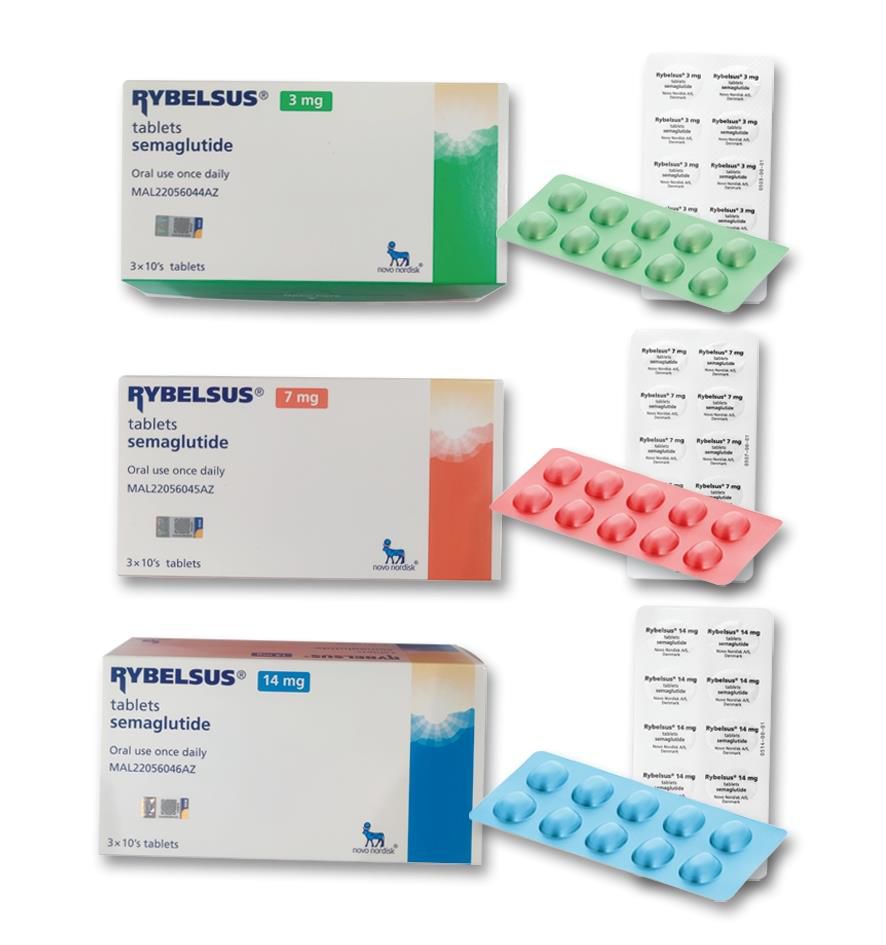
Semaglutides: The Holy Grail to Effective Weight Management?
- August 17, 2023

Dr. Chua Hshan Cher
FAMILY PHYSICIAN
Phoenix Medical Group
Dr. Chua Hshan Cher heads Livingstone Health's family medicine segment. He has more than 17 years of clinical experience.
Dr. Chua completed his hospital rotations in various departments including internal medicine, adult and pediatric emergency, dermatology, family medicine and psychiatry.
- Endocrinology, Family medicine
- Reading Time: 6 minutes
- diabetes, lifestyle, obesity
Share with others
Obesity has reached epidemic proportions globally, contributing to a myriad of health issues such as cardiovascular diseases, diabetes, and joint problems. Semaglutides have emerged as a promising tool in the battle against obesity, offering a new path to effective weight management.
What are Semaglutides?
Semaglutides belong to a class of medications known as glucagon-like peptide-1 receptor agonists (GLP-1 RAs). They are primarily used in the treatment of type 2 diabetes by improving blood sugar control, but recent clinical trials have also demonstrated significant impact of Semaglutides on weight management and reduction of cardiovascular risk.
How Do Semaglutides Help With Weight Loss?
Semaglutides can address both the biological and psychological aspects of weight management. By influencing the brain’s appetite-regulating centers, Semaglutides can help individuals control cravings and make healthier food choices. Moreover, the slower gastric emptying caused by these medications contribute to prolonged feelings of fullness, reducing the urge to overeat. This combined approach, targeting both the physiological and behavioral components of obesity, marks a significant advancement in weight management strategies.
Medical weight loss therapy is recommended for people who:
- Have a BMI of > 30 OR
- Have a BMI of > 27 with a medical condition related to obesity, for example arthritis of the knees or hips, obstructive sleep apnea, high cholesterol, high blood pressure or diabetes; or have tried lifestyle management but are still unable to lose weight.
In the treatment of type 2 diabetes, Semaglutides primarily help to:
1. Control Blood Sugar Levels
Semaglutide stimulates insulin release from the pancreas in response to meals, helping to regulate glucose uptake by cells and reducing high blood sugar levels after eating.
2. Lower the chances of Hypoglycemia
Unlike some other diabetes medications that can cause hypoglycemia (low blood sugar), Semaglutide has a lower risk of causing dangerously low blood sugar levels. It has a glucose-dependent mechanism, meaning it primarily stimulates insulin release when blood sugar levels are elevated.
However, like any medical intervention, Semaglutides are not without potential side effects, such as:
- Nausea and Vomiting
- Constipation or Bloating
- Headache
- Heartburn
- Abdominal Pain
- Burping or Indigestion
- Allergic Reaction (such as hives, swelling, or rash)
Nonetheless, many individuals find these side effects well-tolerated, and they often diminish over time. As with any medication, consultation with a healthcare provider is essential to weigh the benefits against the risks and determine the most suitable course of action.
Semaglutide Products In Singapore And Their Differences
Today, there are three FDA-approved Semaglutide products including Ozempic, Rybelsus, and Wegovy.
Rybelsus, compared to Ozempic and Wegovy which are injections, comes in the form of an oral tablet and it is suitable for patients who are not comfortable with injecting the medication by themselves and on themselves at home. Rybelsus also contains a lower dosage than that of Ozempic and Wegovy and can be taken daily to improve blood sugar control.
Ozempic’s dosage, on the other hand, is generally higher than Rybelsus, and lower than Wegovy. It is primarily used for the treatment of type 2 diabetes and obesity, and is usually administered as a once-weekly injection.
Wegovy contains the highest dose formulation of Semaglutide compared to the other two. It is specifically approved for weight management and obesity in adults and children aged 12 years old and above, and is also administered as a once-weekly injection, similar to Ozempic.
All three medications are only available with a prescription, and there are no approved generic versions.
How to get started on Semaglutides?
Semaglutide medication requires a prescription by a doctor, and it is not available over the counter.

At Phoenix Medical Group, we offer all the oral versions of Semaglutides i.e Rybelsus in all 3 dosages (3mg, 7mg and 14mg). However, do note that individual responses to drugs might vary and not every individual will have the same benefits or side effects. Our doctors are trained to adopt an individualized regiment for each patient and will offer a bespoke therapy to achieve the maximum weight loss effect without undue risk, side effects and rebound weight gain.
Before starting any new drug, including Semaglutides, you should consult with a healthcare professional about your medical history, current health state, and treatment goals. It is important to remember that medication should always be part of a comprehensive weight management strategy, involving healthy eating habits, regular physical activity, and personalized medical guidance.
Article reviewed by Dr Chua Hshan Cher, Head of Family Medicine at Phoenix Medical Group.






